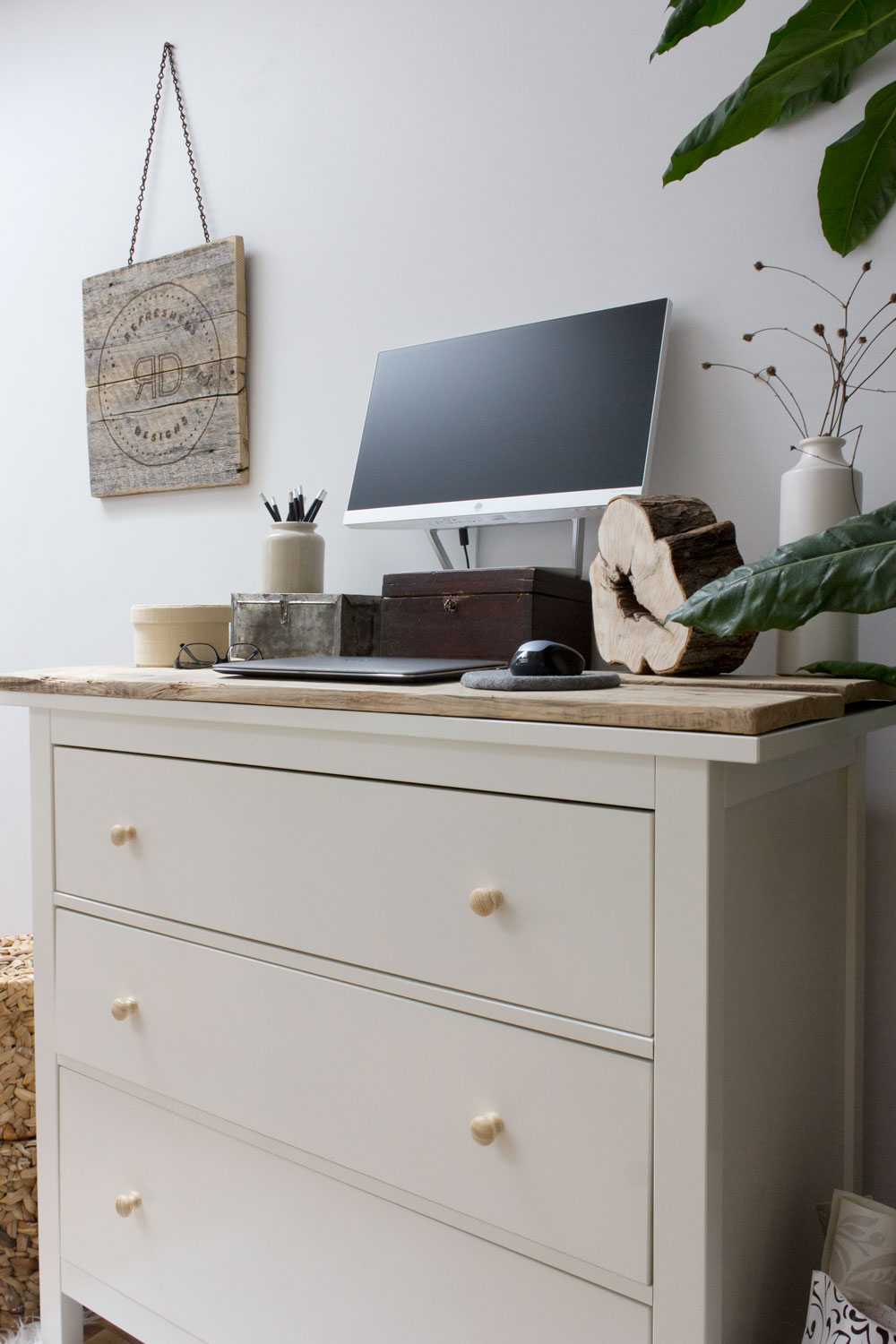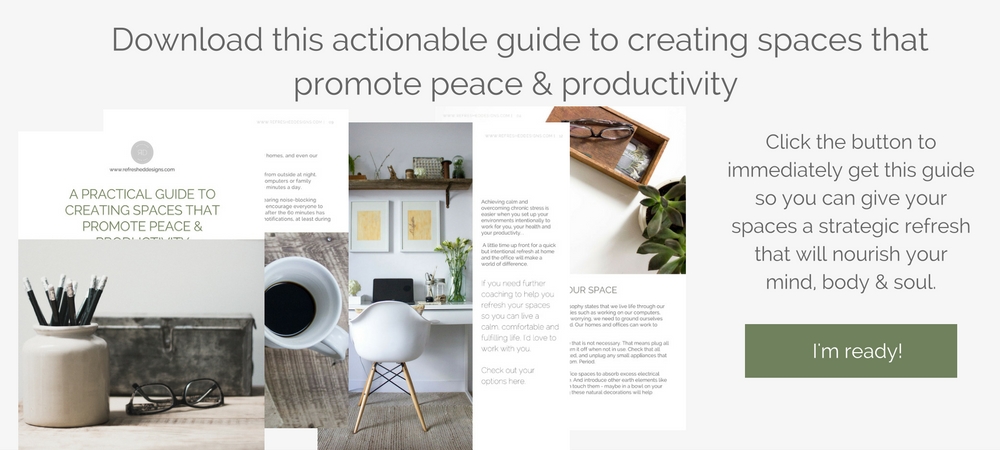Working from home has lots of benefits – lunch at home, no commute, flex time for others – but it can also be tough to maintain a balance between work and the other aspects of your life.
It’s extremely easy to let your personal life blend into work life. Motivation and discipline can wane. Netflix looms ever-too-available, the leftover desert from last night bekons from the fridge, and lunch turns into extended coffee chats with friends who are also working from home. It can’t be just me struggling with this, is it?
From the other perspective, it’s also easy to let work spill into your home and personal life, resulting in potentially compromised relationships and missed play and rest time in the name of work.
There are a lot of built-in structures and boundaries inherent in an office job that we take for granted. Recreating those boundaries when our office is our home is a crucial part of maintaining life balance.
Here are some tips for maintaining life balance that I’ve figured out since beginning to work from home:
1. Create a designated workspace.
Your body is amazingly attuned to your environment and habits. Setting up separate spaces for work and sticking to routines will help your body tell the difference between work time and home time.
- Don’t work in bed or on the couch.
- Invest in a comfortable chair and desk space (). Use your laptop only at this space, not anywhere around the house, and deem this your space and yours only.
- Find a space that’s quiet and affords you privacy, even if it’s an underused closet that you can DIY into an office.
2. Design your space for focus and productivity.
- Keep clutter at bay – both work clutter and home clutter. Don’t let the books you’re reading in bed at night get to your desk.
- Consider painting your workspace white, and have good lighting (natural light if possible). A light and bright space will encourage clarity, creativity and a sense of calm that will help you stay focused.
- Create the storage you need to keep papers filed away and printers and phone chargers in their own spot within your office zone, not at the other end of the house. File your papers away during office hours to prevent them from spilling over into personal space and time.
3. Set office hours.
It doesn’t have to resemble normal business hours, and it can change daily based on your flexibility and needs. But setting hours and scheduling them into your weekly calendar will let your family and friends know when you’re working and when you’re avialable. And it will mentally put you in the right frame of mind.
4. Get dressed.
Working in my pj’s was one of the things I loved most when I first started working from home. Shuffling from bed to desk with pillow hair and coffee in-hand just in time for a conference call can be pretty freakin’ awesome. But it’s not productive or healthy long-term. It’s important to cue your body and mind to go to “work” and give it your best, as you would when you wear your suit to the office. And at the end of the day when you get out of your work clothes, it’s easier to switch back out of work mode. I’m not saying wear a suit, but get out of your pajamas into nice but comfy clothing. It’ll cut down on embarrasing moments when the FedEx guy catches you in your bunny slippers at 2pm.
5. Don’t multi-task.
There is really no such thing at multi-tasking, as our minds just end up shifting quickly back and forth from one task to the next. So don’t do laundry or do the dishes during work time. Focus on one essential task at a time and respect your office hours. It’s perfectly fine to work for two hours and then take a one hour break to clean the house, if that’s the schedule you’ve set. Just make sure that you’re not jumping back and forth haphazardly or trying to do two things at once and not giving either your full attention.
6. Keep a big water bottle with you.
Just as you would at your office desk, keep a big water bottle and drink water often. I’ve found that a coffee cup and unlimited access to my coffee-maker meant I was running to the kitchen more than usual, resulting in cafeine overload and distraction by the “home” aspect of life.
7. Change it up.
The biggest advantage and drawback from working at home is the solitude. Not having colleagues to bounce ideas off of, to chat with at the water cooler, or even just to smile at and say hi to can become lonely after a while. Make sure to take your laptop to a local coffee shop or community workshare space sometimes to gain back that social element.
8. Create habits for winding down.
When you’re at the office you wrap up work at the end of your shift so you can get home or catch the train or beat the traffic. When you work at home, wrapping up for the day can be much more difficult to do. The computer is always within reach and it’s tempting to try to get more done. Learn to develop habits that will cue your mind to wind down and let the work go until tomorrow. Do a last check of email and respond to those that are needed, then don’t check it again until tomorrow (I advise having a separate work and personal email account so you don’t see work emails on your phone all evening). Use your planner to check off what you’ve completed today and what you need to do tomorrow. Then close down the computer and let go.
I’m still working on getting better at some of these steps myself (my flannel pajama bottoms are so darn comfy!), but I know that these good habits will help me feel balanced and prevent burnout. I hope they’ll help you build a healthy life balance when working from home as well!
As a FREE BONUS – I’ve created a Practical Guide to Creating Spaces that Promote Peace & Productivity – download yours below to help you set up your home office.
































